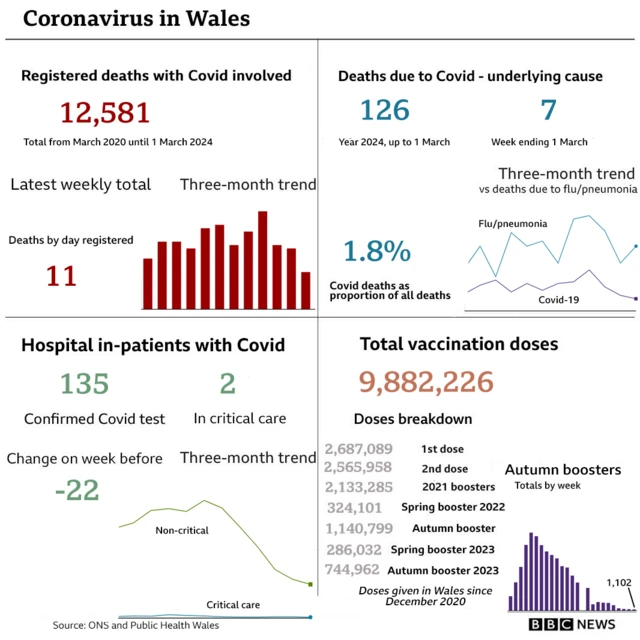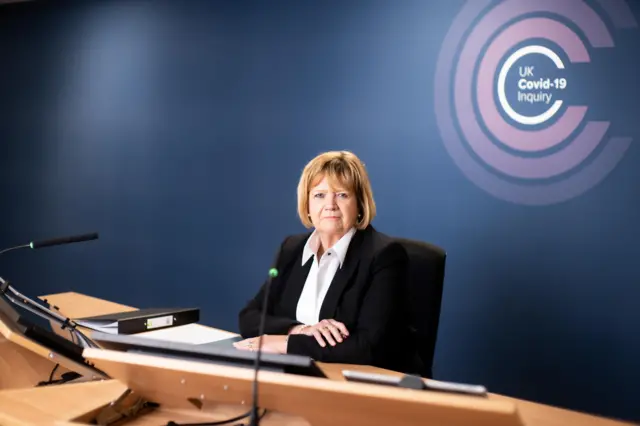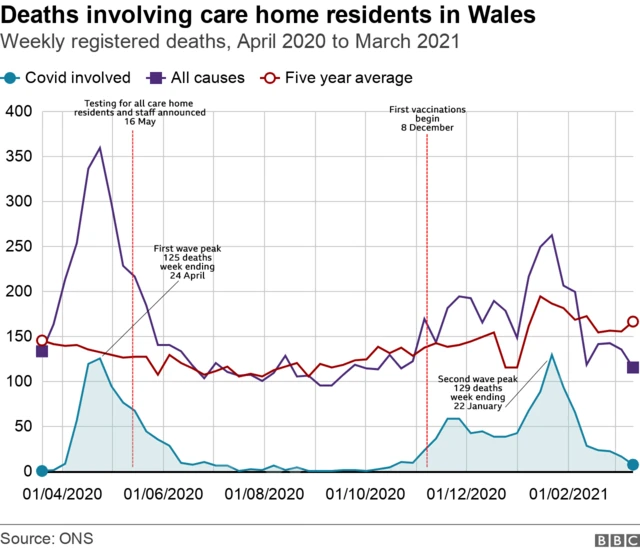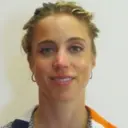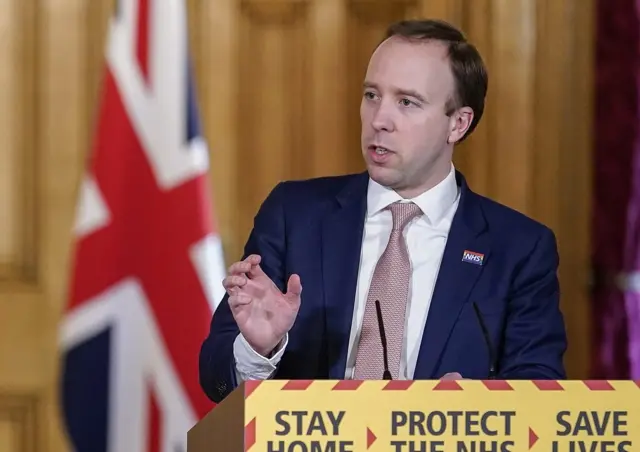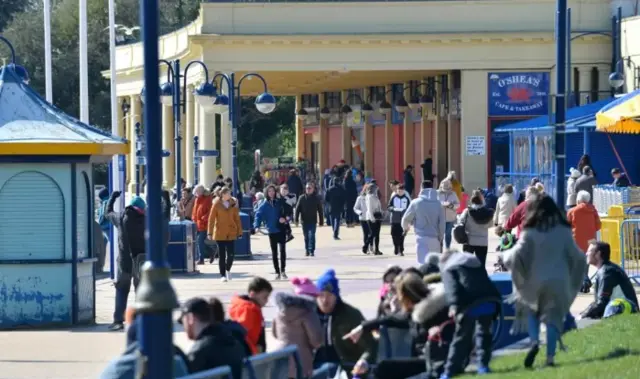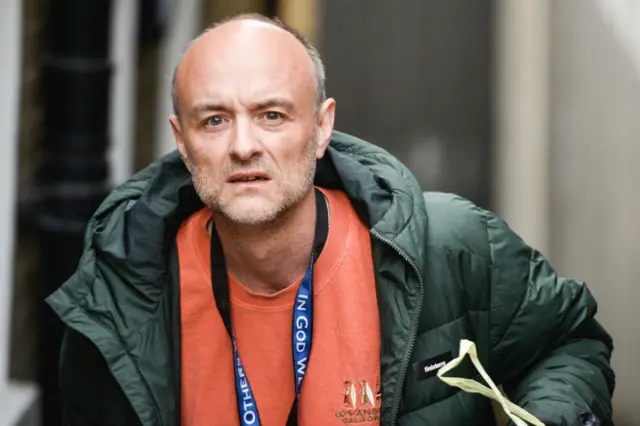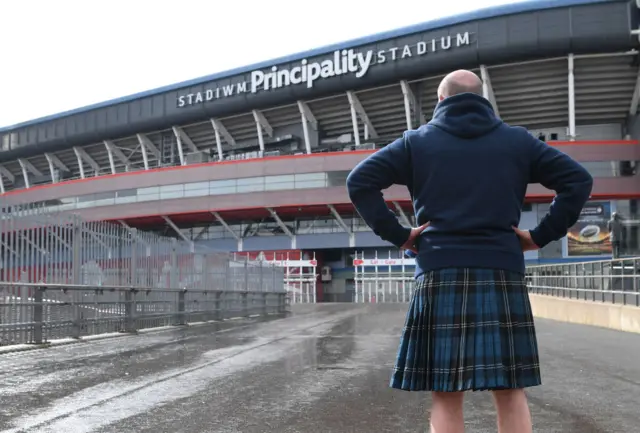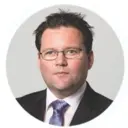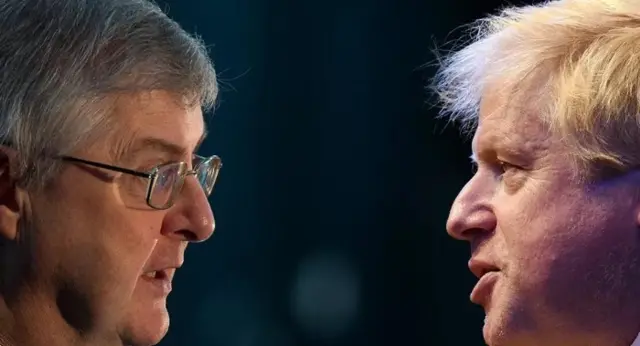Drakeford ‘was in trouble’ over meet-up confusionpublished at 14:08 GMT 13 March 2024
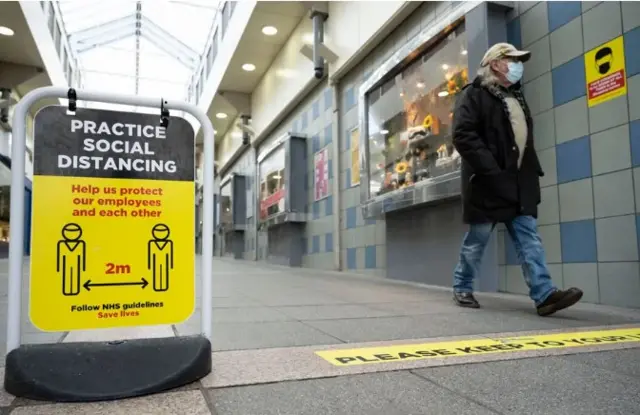 Image source, Getty Images
Image source, Getty ImagesIn May 2020, people had to observe social distancing if they saw each other "by chance" outdoors
The inquiry returns to the period of May 2020, when guidance in Wales and England began to differ.
In Wales, people were now allowed to exercise more than once a day, garden centres could open, and social distancing was to be observed. They were not allowed to pre-arrange outdoor meetings between members of different households, as they could in England.
"We did make real continued efforts to communicate with people and particularly along the border… but of course this is where people were most used to differences," Drakeford tells the inquiry.
But in a media interview at the time, Drakeford was reported as saying meeting up outdoors with someone was allowed.
Asked by Poole if this was misleading, Drakeford says: "I was certainly in trouble over what I had said."
He adds: "We are on our feet, answering unscripted questions and we sometimes don’t say things exactly as we intend."
He says the point he was trying to make was that saying hello to someone you knew when you saw them "by chance and not by design" was OK.
"The point I was trying to make was there was nothing wrong with that," he says.
